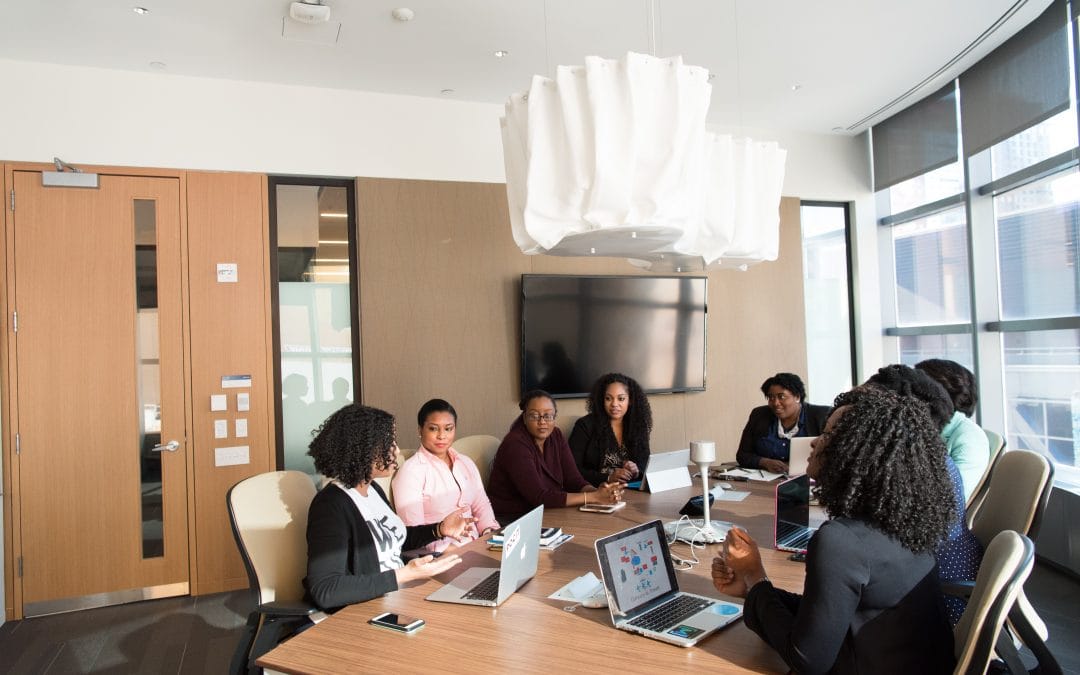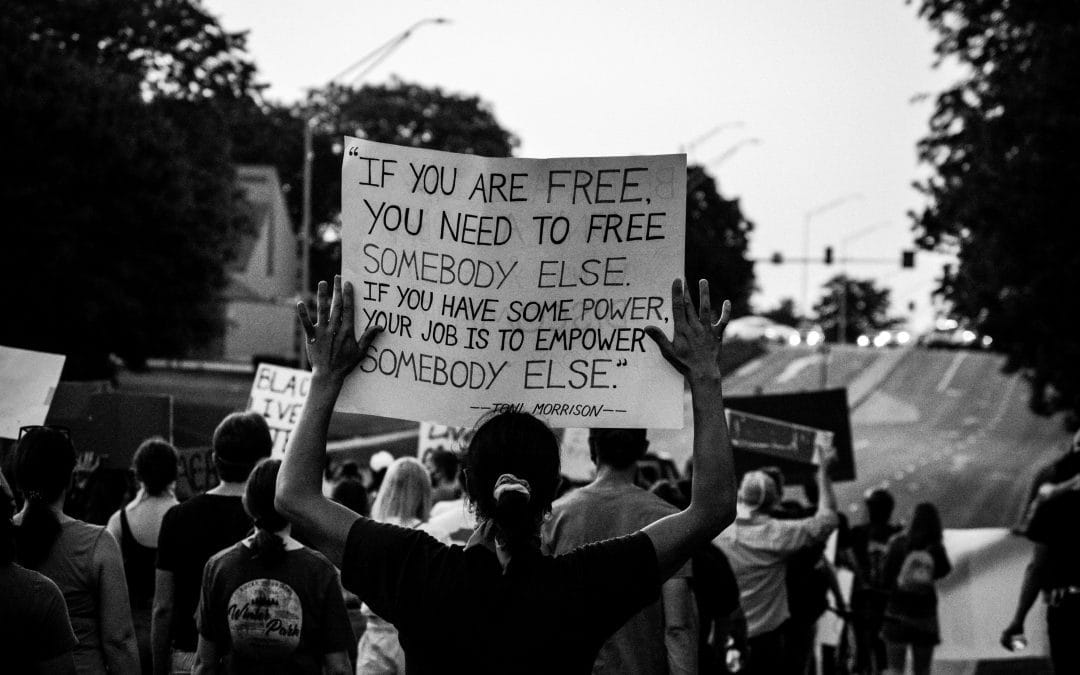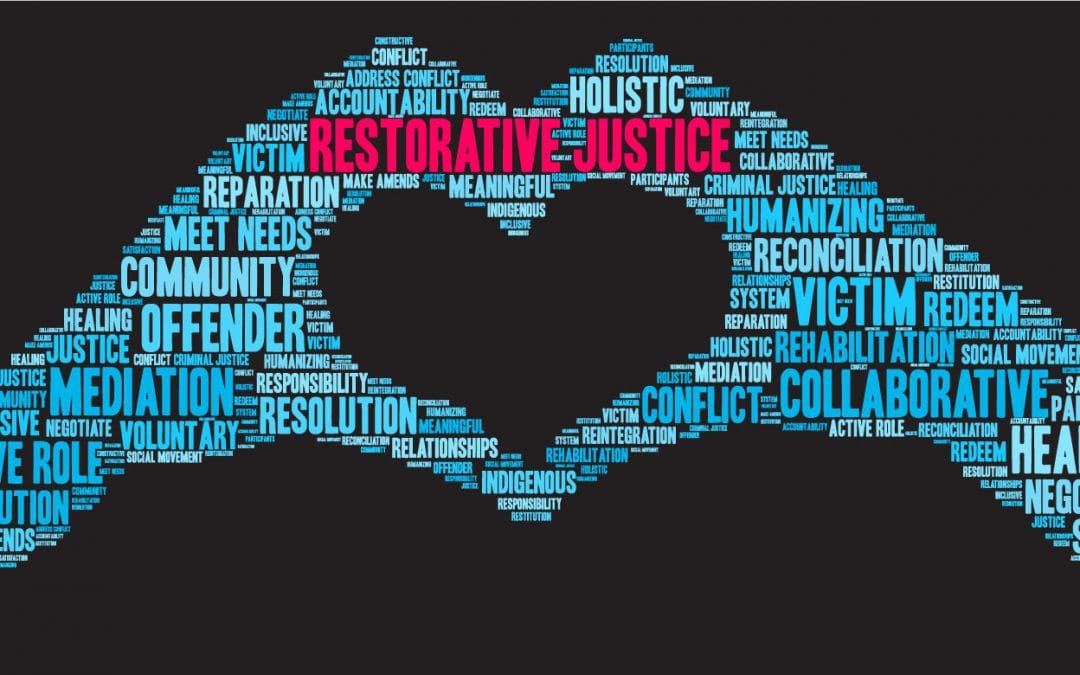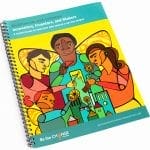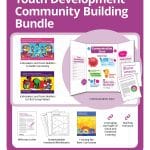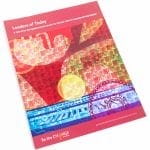In 2020 our organization launched an initiative called Becoming an Antiracist Organization, designed to respond to the overwhelming inquiry: if we believe Black Lives Matter, what do we do?
Remember the months in the wake of the killing of our ancestor George Floyd? Every day we’d open our emails and read yet another organization releasing their BLM statements.
Widespread awareness of systemic racism didn’t end with companies. I had dinner at my friend’s house and her 80-year-old father told us a story about being at WalMart and hearing the corporation’s commitment to Black Lives and Equity on the overhead speaker. “I never thought I’d live to see this day, he said.” I got a call from my auntie in Cleveland (not a blood-related auntie, but the kind who’s a close family friend) who wanted me to conduct a diversity training at her Indian Community Center, because they were starting to realize that maybe (just maybe) they have issues with diversity. I have to say, I never thought I’d live to see that day.
Even Ben and Jerry’s suddenly became a place for both ice cream and politics. Here’s an excerpt from their website: “When we took a stand in support of the Black Lives Matter movement, we received a massive response — mostly of overwhelming support, but also mixed with misunderstanding, sincere questions and sadly, some hatred. But one thing became clear: it started a conversation.”
Many organizations have shown interest, curiosity and even an openness to bring in diversity, equity and inclusion consultants to conduct a training or two. Most of us know that a statement by itself is performative and changes nothing in practice. Staff from small to large organizations and companies are demanding change, not statements. To their credit, we have seen many leaders open to having a conversation around figuring out what real racial equity change actually looks like.
Since 2020, we have engaged with hundreds of organizational teams and staff during our diversity trainings, which are designed to answer this question: if we believe that Black Lives Matter, what do we Do to show it?
Interest in Racial Equity Alone is Not Enough: We Need to Get Capacity Ready for Diversity, Equity and Inclusion Programs
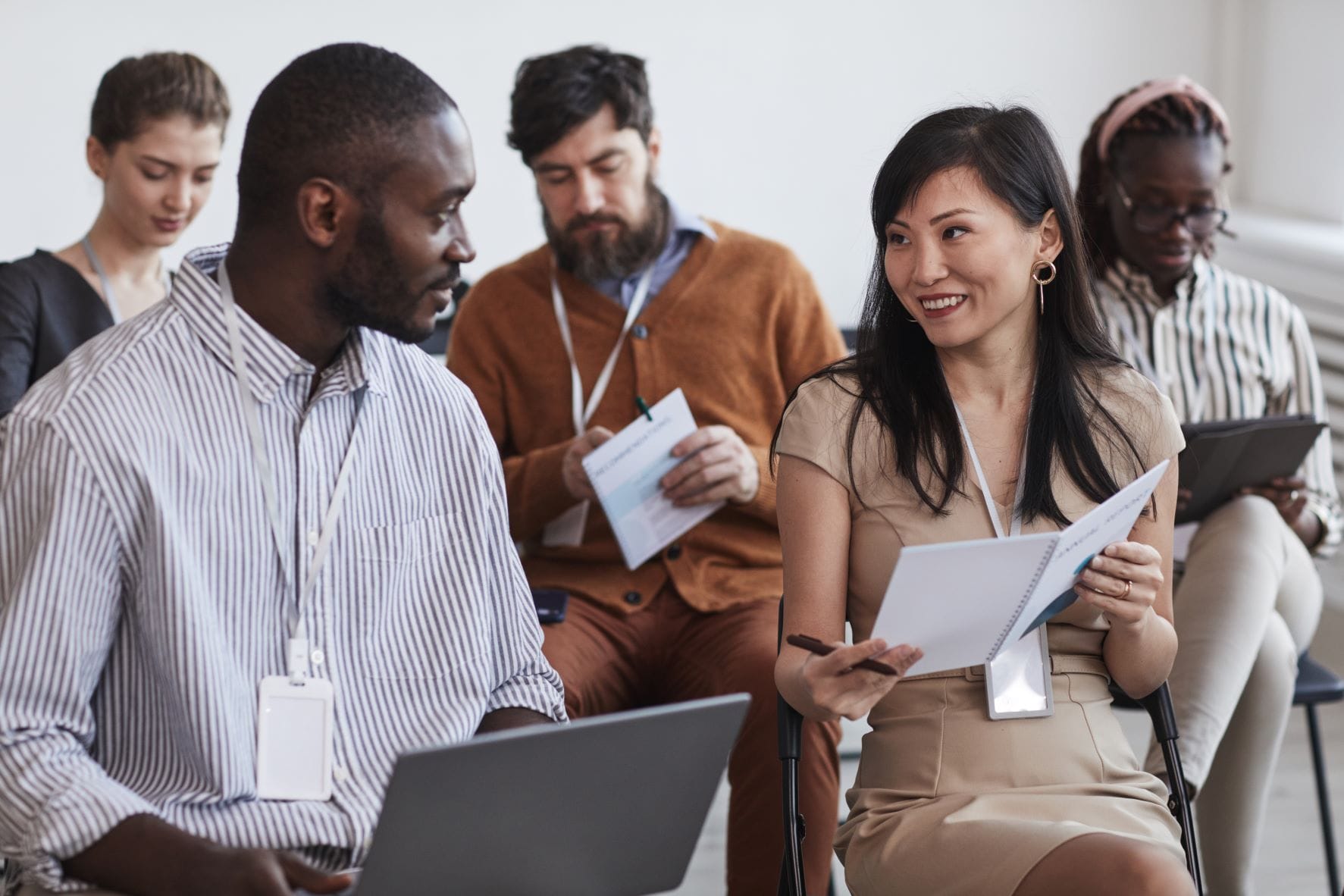
As one of the core designers and diversity, equity and inclusion trainers in this initiative, it is my hope that people leave our training with lots to think about, such as…
- What did I hear that already resonated with my beliefs?
- What ideas pushed up against my current beliefs?
- Which ideas should I implement right away?
- How do I continue identifying dominant culture in my preferences or habits at work?
- What will it take to collectively shift dominant culture beliefs and practices within my organization in a sustainable and scalable way?
Participants who attend these diversity training sessions who engage with and discuss these types of questions as they learn report taking a lot away from the session.
But there’s a different set of questions that some grapple with that dramatically alters the lessons they learn, and it’s really interesting to see the difference. Here are some examples of questions and critiques that have piqued my interest:
Critical Comments White People Offer After Our Diversity, Equity and Inclusion Trainings
(paraphrased quotes from participants that have stuck with me):
- What does white supremacy have to do with me?
- I didn’t do anything wrong. Why am I in a training that asks me to do something different?
- Our organization is always welcoming. We don’t have a problem, so what are you asking me to fix?
- Why did the facilitators sometimes talk about practices rooted in white supremacy and sometimes refer to dominant culture? We needed to spend more time on definitions.
- As a white person, I just think I have a lot of experiences that really matter to this work and our organization, even though I’m not a Person of Color. Why was there so much focus on de-centering my voice?
- The technical glitches, logging on, getting the handouts… it was all too complicated and prevented me from getting much out of this training.
- I didn’t learn anything new. I need something much more advanced.
- As a Jewish person with a deep history of persecution, I resented being categorized as white.
- I am white but I am also gay, with mental health issues.
- Since we are talking about equity, can’t we discuss the inequity caused by asking people to show proof of vaccination?
How does reading these questions make you feel? I’d love to know!
Hearing these statements over the past few months has been both painful and stressful to me. As diversity trainers, inclusion coaches, and equity consultants, we know it is inevitable that some folks will walk away with criticisms. While these statements themselves are annoying, we strive to remain open-minded when hearing about what doesn’t work for people because it helps us to diagnose Capacity Readiness.
Capacity Readiness Is the Difference Between Having a Bike and Riding a Bike

Capacity readiness is a combination of motivation and capacity to take action. Capacity-readiness within antiracism work requires a variety of pre-existing conditions that support a change-initiative to take root and can be assessed at both the individual and organizational levels. Some of these factors are:
- Motivation to implement a change (change commitment)
- Belief in the capability to do so (change efficacy).
- Capacity to Act (implementation efficacy)
- Time, Support, and Clarity for Action (resource availability)
When organizational readiness for change is high, organizational members are more likely to initiate change, exert greater effort, exhibit greater persistence, and display more cooperative behavior. The result is a more effective implementation.
So, let’s revisit those earlier critical statements and questions. Are they valid? Maybe.
Is this the best use of your focus as you reflect on takeaways from antiracism training? No.
Do these reflections represent an important milestone in one’s journey towards racial consciousness? Absolutely.
So, when we hear these contrarian statements, we get to say: Congratulations! You’re on your way.
When one’s mind goes to these thoughts, we can recognize them as a built-in defensiveness and minimization of how everyday racism persists. They reveal a combination of a lack of motivation and belief, which will definitely sabotage any actions and squander resources of time, money or planning that is allocated to dismantling racism. This resistance can reveal a lot if it is interrogated.
The Interrogation of Resistance is Crucial to Antiracism Work.
“A journey is called that because you cannot know what you will discover on the journey, what you will do, what you will find, nor what you find will do to you.” — James Baldwin
The destructive history of oppression and ongoing persistent injustices are widespread and deeply personal. And, we know that embarking on a DEI journey can be a period of incredible growth for an organization, which can make stepping onto this path really scary for some!
In 2017, Race to Lead reported results from a survey and interviews conducted with more than 4,000 nonprofit staff, capacity builders, and funders around the United States. One finding indicated that 48 percent of People of Color and 39 percent of white people agreed or somewhat agreed with the statement, “nonprofits trying to address race and racial equity in their organizations often create tensions they are not equipped to resolve.”
We have seen time and again the ways that an individual’s lack of readiness can stunt progress, it can create a backslide as the resistance itself is a form of sabotage — de-centering those who are most impacted by structural inequity, distracting those ready to plan and do and misdirecting the conversation.
What Does it Take to Be “Equipped” For a Journey Toward Diversity, Equity and Inclusion?
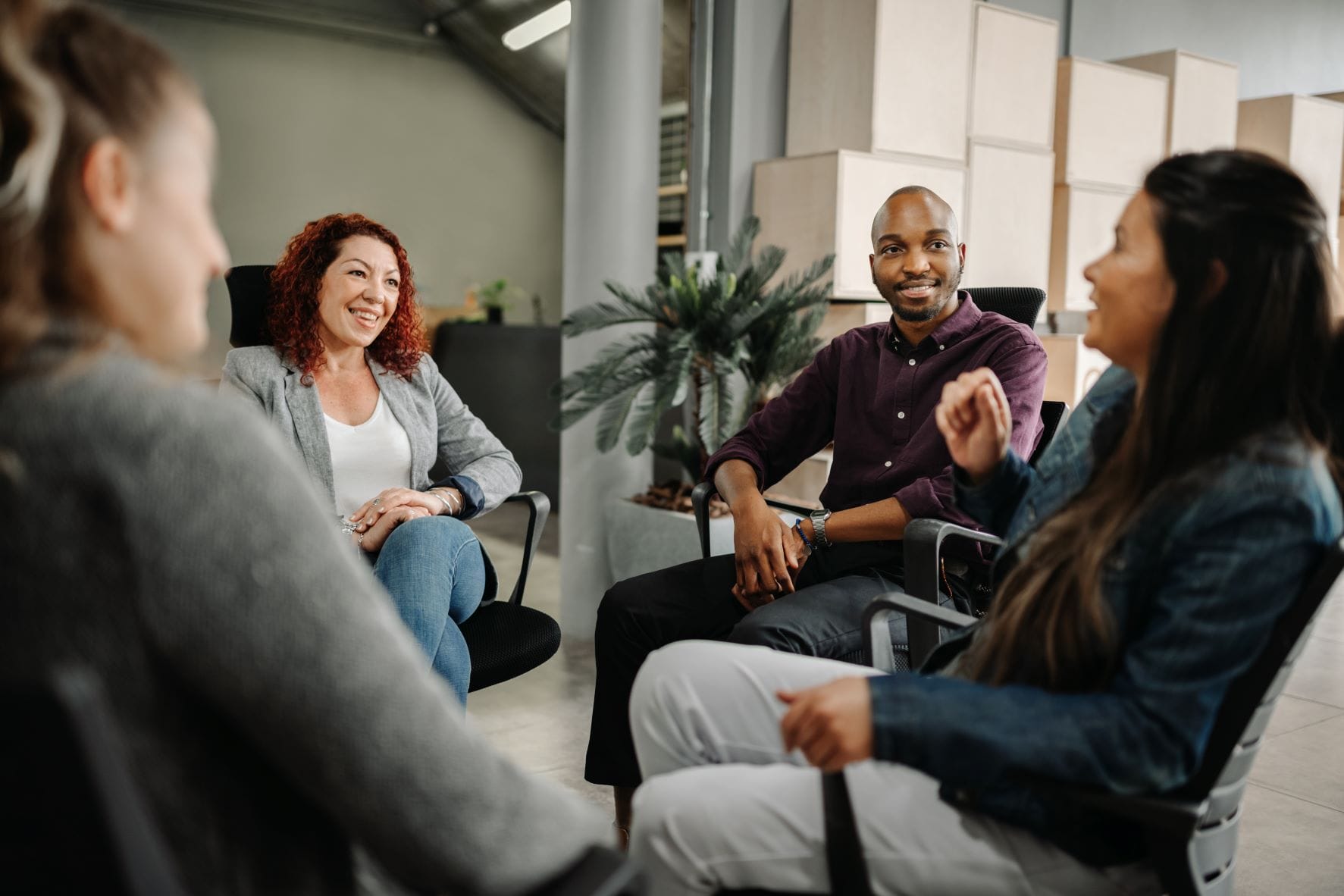
- The well-meaning individual who doesn’t realize they are triggered, activated, and therefore, in a resisting mind-set.
- Those who possess truly racist ideas about the competence or worthiness of People of Color to engage equally in organizational systems.
Let’s address the well-meaning individual first.
How Do I Interrogate My Own Resistance?
This is hard. All of us engaging with antiracism work, regardless of racial identity, gender expression, position, etc. will inevitably hit a wall of resistance. In our training sessions, we ask folks to take notes throughout the session and to jot down points of resistance in a notebook as they arise.
From an antiracist perspective, these points of resistance represent:
- Ideas that disrupt one’s sense of what they have earned, are entitled to, or deserve to have a part in.
- How one justifies the places they lead using and leveraging dominant culture practices
- Whose input was minimized because they didn’t sound professional, have relevant experience, or only had expertise for a siloed aspect of decision making
Building the skills of capacity readiness in antiracism work requires taking an idea that makes us uncomfortable and asking ourselves:
- What are examples or evidence where I see this is true? – Let me assume racism is real. How does racial identity contribute to this situation?
- What role is structural racism playing here?
- If I wasn’t afraid to get uncomfortable, what would I let myself know/understand?
- If I wasn’t worried about what others would think of me, how could I admit the ways that I contributed to this situation? – What could we do differently that would create a more equitable and inclusive experience for all involved?
This line of questioning requires us to be willing to open ourselves to possibilities that we have been taught are bad or wrong. It is the first step of acknowledgment that will allow for different actions to be taken.
What About That Second Mindset — The Folks Who Are Truly Racist?
Well… we have waited a long time for people to decide that racism is morally wrong, and it is time for things to change. We have waited long enough to know we are probably not all going to agree about that. We have been fed lies about scarcity of resources for long enough that those most tentatively holding onto their privilege are too afraid to let go. So, we are going to have to move forward and implement structural change anyway. We are going to have to give ourselves permission to admit that equitable outcomes are more important than keeping the status quo comfortable. For a long long time, people have left organizations because their workplace became hostile, toxic, and unwelcoming. It might be okay if you lose people who uphold the status quo because we don’t recommend waiting until they are ready to champion antiracist work.
If you are interested in engaging in radical DEI work, check out our offerings within the Becoming an Antiracist Organization initiative.


